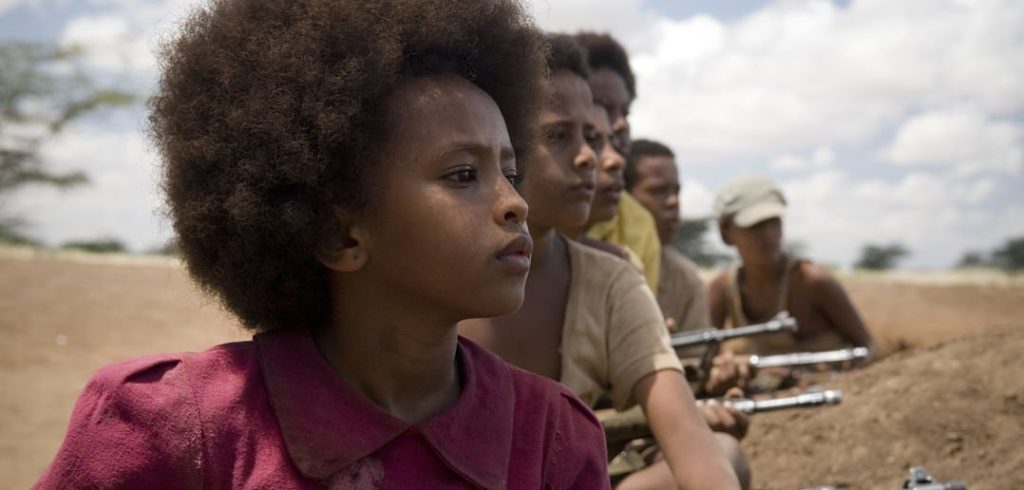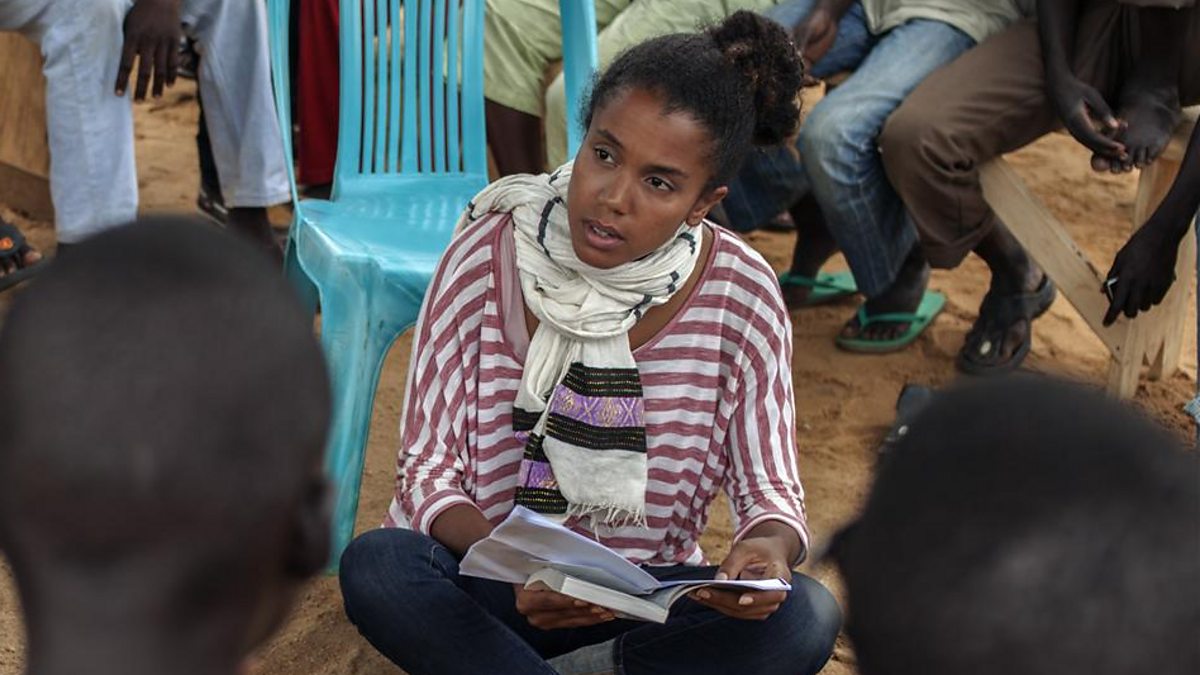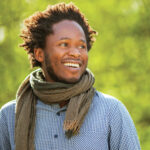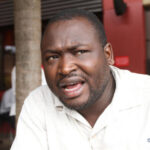What do child soldiers and a UNICEF child protection expert have in common? Not much. But when Congolese Iranian Human Rights Lawyer, Priscillia Hoveyda finds herself before a child soldier hoping to convince the child to seek recovery from war, finding that common reality is key for persuasion.
Hoveyda risks her life everyday for an opportunity to meet with warlords and military commanders to negotiate the release of a child soldier either from their ranks or their prisons. Once that’s done, she meets the children and has a chat with them to convince them to go with her to a rehabilitation centre.
And none of it is an easy negotiation.
Remember Ishmael Beah? The former child soldier turned best-selling author who was unhappy because he was disarmed and then removed from war? He’s not the only one who was unhappy to be approached. Hoveyda recalls when she met a young girl who looked at least 15-years-old, guarding an empty school building in a Central African country.
“She was in an abandoned school but instead of being a student she was holding an AK-47 and her face was wrapped under a black turban. The school was empty. Classes had stopped for many months because of the presumption of conflict in the region. A lot of the schools were occupied by armed groups including the one Fettemeh was fighting for.
At first she refused. She said she was not going to go anywhere. She said this because she didn’t want to be married and she thought that fighting for a cause was a better reason to wake up in the morning than being married off to someone she does not know.”
Male children conscripted into warfare have two options, be killed or kill and serve a cause. For female child soldiers, the burdens are far from the two amidst a war. The girl child soldier is extremely vulnerable to everything including sexual violence.

For Fettemeh, Hoveyda, simply shared her story of her reality of growing up as a young Congolese Iranian in Iran during the Iraq-Iran war and in France as an immigrant refugee.
“I usually talk about who I am so I always make sure that the kids also see me the same way I am trying to see them through their military mismatched outfits or broken sunglasses or rugged shoes. So I share my experience with conflict, my experience with chaos and the possibilities that actually exist despite us not necessarily seeing it.”
Though born in France to a Congolese father and Iranian mother, Priscillia Hoveyda moved to Tehran just after she was born with her sister and mother.
“My experience of war was an immediate introduction to violence, disrupted nights because of the sound of the bombing, the alarm announcing bombings, running in the basements with my family, and my grandfather, grandmother, my mother and my sister sitting around in a place we thought we wouldn’t be able to receive any shellings. My grandad would open the Quran and start reading different passages and we would wait for the bombings to stop.
The memories of childhood for me of the war are memories of a constant feeling of foreboding but it’s also memories of hope, for change. It’s also memories of resilience and togetherness and memories of resourcefulness as well.
Thanks to the resourcefulness of my mother, she managed to get us back to France – we escaped the war. France in the 1990s was a very different reality for us and the first couple years were extremely difficult to make sense of as we lived in a shelter for homeless migrants and refugees outside of Paris until my mother managed to secure a small apartment in public housing where my sister and I started navigating the realities of the life in the projects.”
Motivated by the inequalities of life that she faced in Iran and in France, she made it to universities both in France and in the United States of America. She says it’s the exposure to possibilities that led her to lose herself in books to find her way out of her situation.
“The exposure to the possibilities is what led me to let myself loose in books. It was school and that focus with the desire to make this place a little bit better, a little less violent, and hopefully a lot kinder.
Once I tell child soldiers this, I can start to see they want to listen. I can see in their eyes that they perceive the possibility of doing something different and I think that possibility to relate with one another through the experiences we have been able to overcome is truly what can bring lasting social change.
I went back several times to Fettemeh, she didn’t come out the first time and my colleague and I decided to go back and after the third time of going back, she came out of the armed group with the third wave of children we were releasing there. She followed us and went through the rehabilitation process. She wanted to be re-enrolled in school and so she benefitted from classes to catch up with the years that she had lost in combat.
Eventually conversations started with the different implementing partners and her family to ensure that her choice of not being married off is respected.”
At the end of each child rehabilitation, children always thank her, some in languages she cannot read and she makes time to get them translated. But to her though, her work is not about the thank you; she just feels like saying sorry to all of them for what happened.
“I’m never expecting a thank you. I just always feel like saying ‘I’m sorry’.”
Priscillia Hoyveda is married to Ishmael Beah with three children. They work side by side in their professional capacities for UNICEF to rescue child soldiers from warlords.














